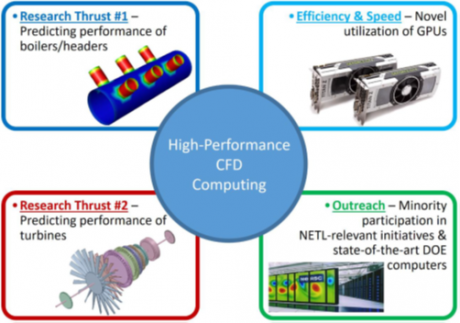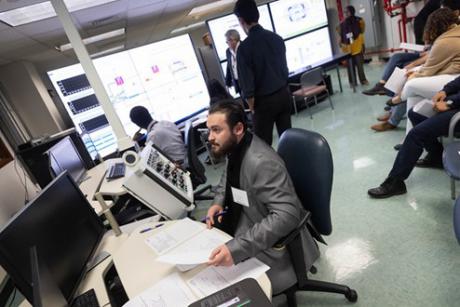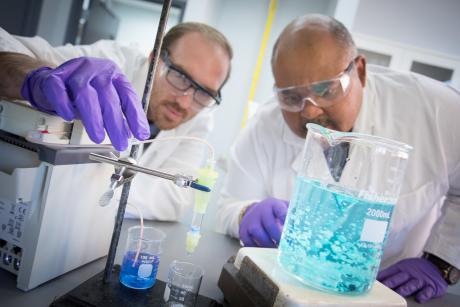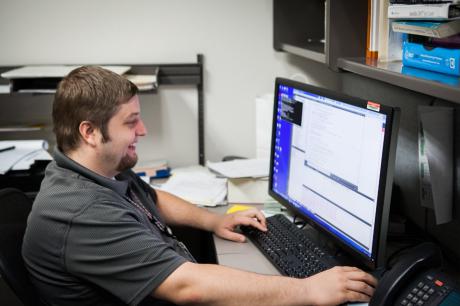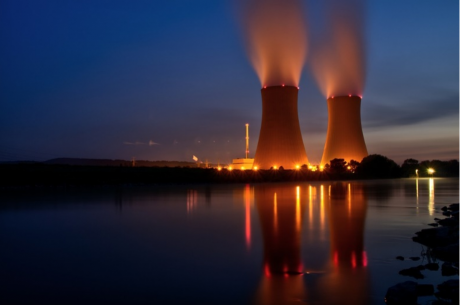As a young man, NETL’s Samuel “Sam” Oyebanjo competed as a boxer. Besides learning how to throw a jab and land an uppercut, Oyebanjo acquired values through boxing that prepared him for success in another endeavor — leading a team of accountants that oversees funding for projects to address climate change and other energy-related priorities.
Oyebanjo, supervisor for accounting at NETL, said his pugilistic pursuits also taught him the importance of developing effective strategies and the understanding that every experience — even a loss in the ring — presents an opportunity to grow and improve.
“Boxing demands a high level of discipline and determination,” said Oyebanjo, who grew up in Nigeria. “It teaches you humility, but you quickly realize that a tough loss can be a learning experience and that you can only succeed with preparation and hard work, which is a valuable life lesson.”
About
News and Events
Research and Programs
Carbon Management Point Source Carbon Capture Carbon Dioxide Removal Carbon Dioxide Conversion Carbon Transport & Storage Hydrogen with Carbon Management
Resource Sustainability Methane Mitigation Technologies Minerals Sustainability Natural Gas Decarbonization and Hydrogen Technologies Advanced Remediation Technologies Energy Asset Transformation
Key Lab Initiatives Advanced Alloys Signature Center (AASC) Science-based Artificial Intelligence and Machine Learning Institute (SAMI) Center for Microwave Chemistry (CMC) Center for Sustainable Fuels and Chemicals (CSFC)
Energy Technology Development Office of Energy Efficiency and Renewable Energy Battery Workforce Initiative Cybersecurity, Energy Security, and Emergency Response Office of ElectricityGrid Resilience
Business
Library
Explore our Library

Approved Categorical Exclusions Environmental Assessments Environmental Impact Statements Oil and Gas Projects Summaries NETL Fact Sheets NETL Newsletters Publication Search Energy Data Exchange (EDX) FECM External R&D Final Technical Reports Summary Information for External R&D Awards Technical Reports Series (TRS) Peer Review Reports Interagency Working Group Initial Report
- Research and Programs
- Carbon Management
- Core Competencies
- Resource Sustainability
- University Training & Research
- Key Lab Initiatives
- Energy Technology Development
- Featured Infrastructure
- Methane Emissions Reduction Program
-
- Business
- Technology Transfer
-
- Library
- Energy Analysis
-
- About
- News and Events
- Education





